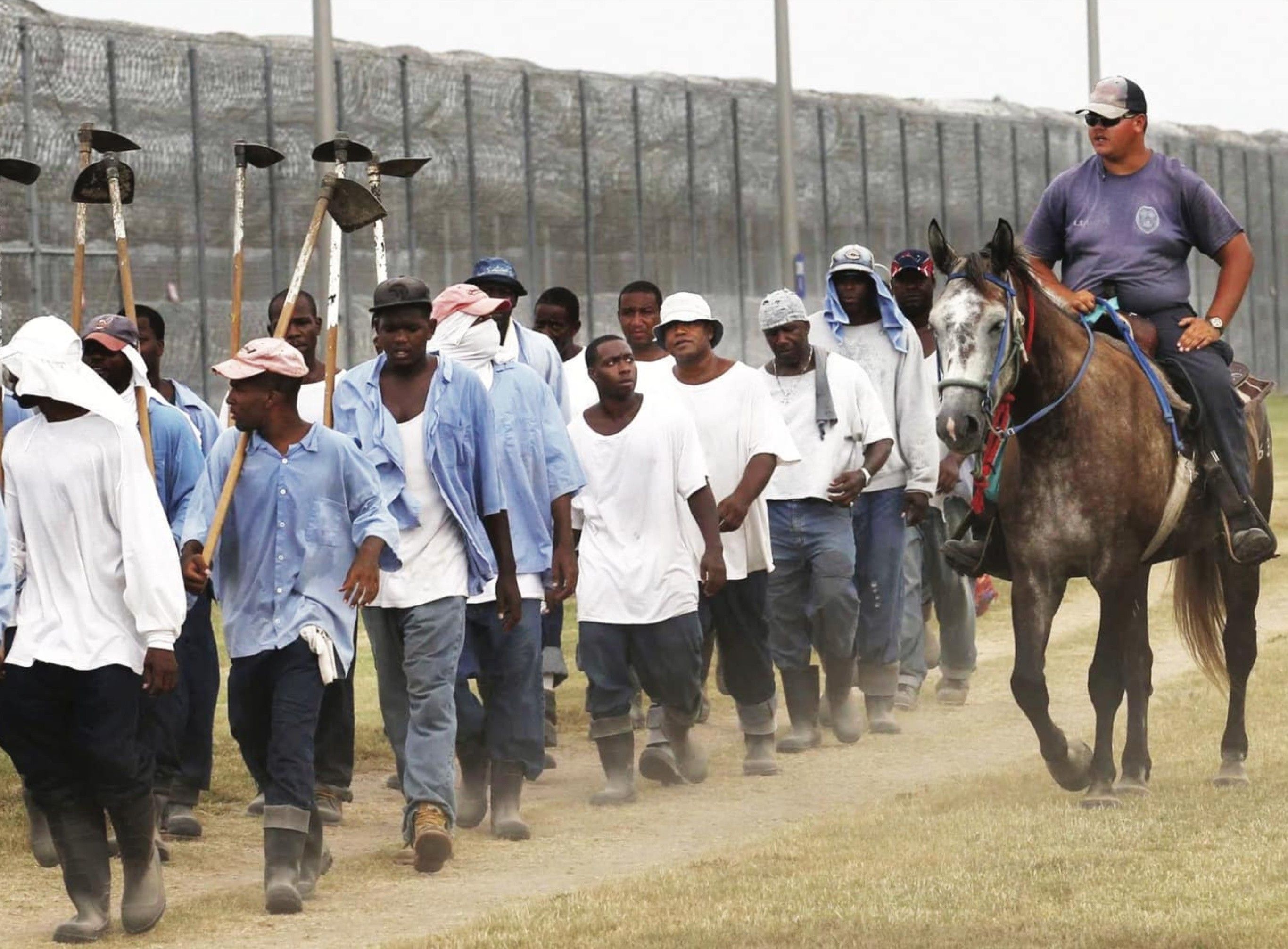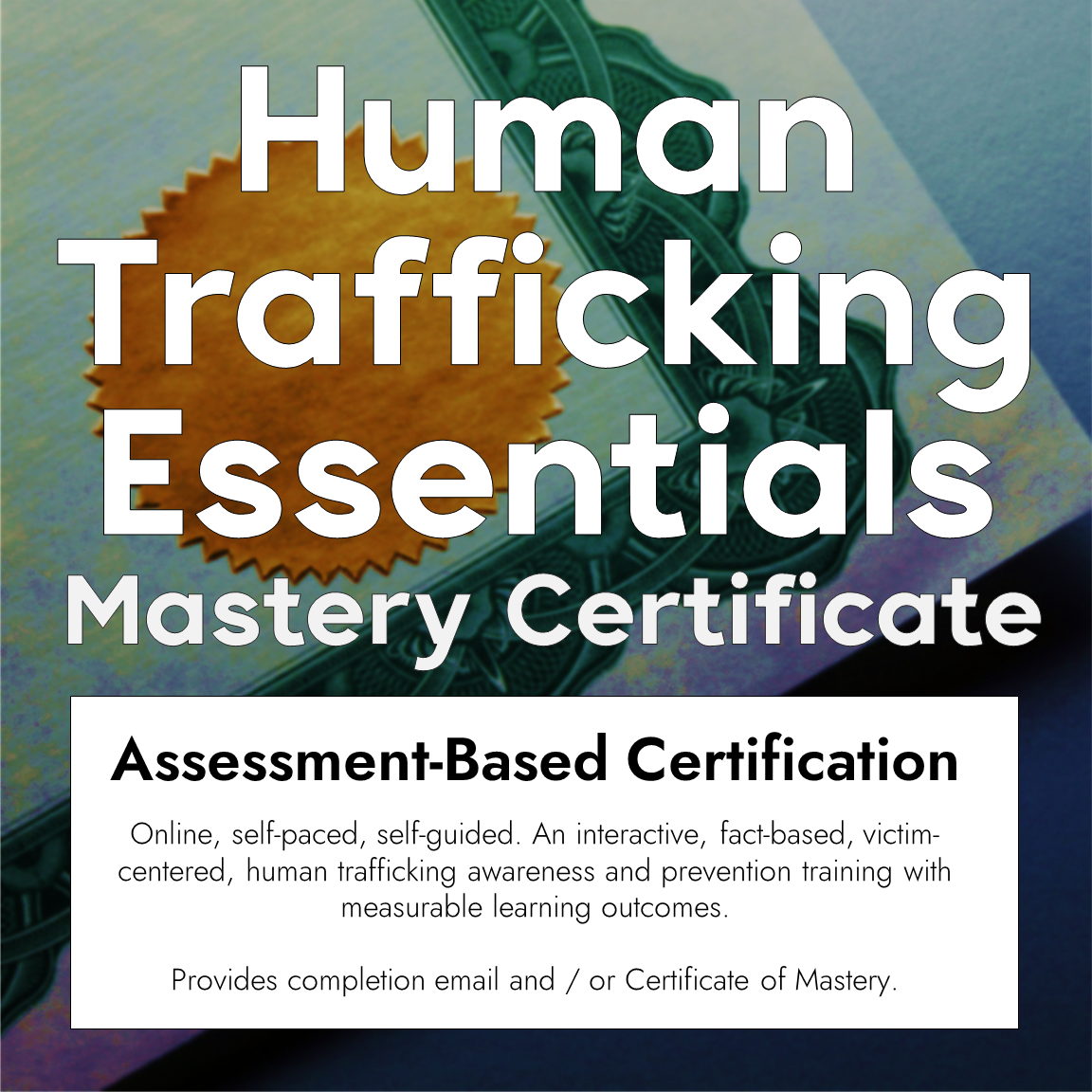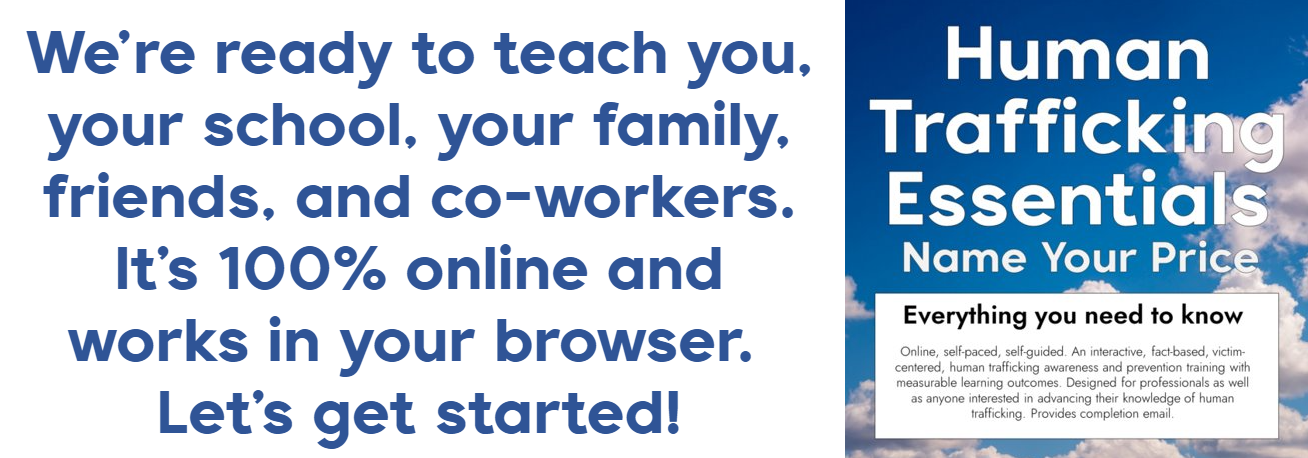UN Report Urges End to Forced US Prison Labor—a ‘Contemporary Form of Slavery’

A report published Thursday by United Nations human rights experts condemns systemic racism in the U.S. criminal justice system and policing, while describing “appalling” prison conditions and decrying forced unpaid convict labor as a “contemporary form of slavery.”
The U.N. International Independent Expert Mechanism to Advance Racial Justice and Equality in the Context of Law Enforcement report follows a visit to the U.S. earlier this year by a team of human rights experts. The U.N. officials collected testimonies from 133 affected people, visited five prisons and jails, and held meetings with advocacy groups and numerous government and police officials in Atlanta, Chicago, Los Angeles, Minneapolis, New York City, and Washington, D.C.
“In all the cities we went to, we heard dozens of heartbreaking testimonies on how victims do not get justice or redress. This is not new, and it's unacceptable,” Tracie Keesee, an expert member of the mechanism, said in a statement. “This is a systemic issue that calls for a systemic response.”
“Law enforcement and criminal justice institutions in the United States share and reproduce values, attitudes, and stereotypes of U.S. society and institutions. These must be reformed.”
The experts found that “racism in the U.S.—a legacy of slavery, the slave trade, and 100 years of legalized apartheid that followed slavery's abolition—continues to exist today in the form of racial profiling, police killings, and many other human rights violations.”
The report cites instances of prisoners locked away in solitary confinement—widely recognized as a form of psychological torture—for a decade or longer, children sentenced to life in prison, and pregnant inmates chained during childbirth, “who due to the chaining, lost their babies.”
“All these practices—including shackling pregnant women before, during, and after labor—are an affront to human dignity and the best interest of the child,” the report states. “Instruments of restraint shall never be used on women during labor, during childbirth, and immediately after childbirth, in accordance with the U.N. Standard Minimum Rules for the Treatment of Prisoners,” also known as the Nelson Mandela Rules.
The experts were “astonished” that forced unpaid or poorly paid convict labor “exists to this day in the United States, constituting a contemporary form of slavery.” The 13th Amendment to the U.S. Constitution outlawed slavery and involuntary servitude, “except as punishment for crime,” and congressional efforts to close the loophole have been unsuccessful.
The report notes:
The delegation received shocking information over “plantation-style” prisons in Southern states, in which contemporary forms of slavery are reported. Commonly known as “Angola,” the Louisiana State Penitentiary occupies an 18,000-acre former slave plantation, larger than the island of Manhattan. The plantation prison soil worked by incarcerated labor today is the same soil worked by slaves before the Civil War. Angola currently houses nearly 5,000 adult men, the majority of them Black men, forced to labor in the fields (even picking cotton) under the watch of white “freemen” on horseback, in conditions very similar to those of 150 years ago. The mechanism received direct testimonies from Angola victims and allegations of children being transferred to this prison, held in solitary confinement, and in general under appalling detention conditions.
Earlier this month, a federal judge ordered Louisiana officials to stop imprisoning children on Angola's former death row by September 15.
Addressing the more than 1,000 people killed annually by U.S. law enforcement officers—only 1% of which result in the killer being criminally charged—the report warns that such killings will continue unless police use of force regulations are aligned with international standards.
“We reject the ‘bad apple' theory,” There is strong evidence suggesting that the abusive behavior of some individual police officers is part of a broader and menacing pattern,” said mechanism expert member Juan Méndez. “Law enforcement and criminal justice institutions in the United States share and reproduce values, attitudes, and stereotypes of U.S. society and institutions. These must be reformed.”
To that end, the report contains a lengthy list of over 30 recommendations, including:
- Fully implementing the United Nations High Commissioner for Human Rights' four-point agenda for transformative change for racial justice and equality;
- Tackling poverty and lack of quality education, employment opportunities, healthcare, adequate housing, and other human rights violations as a way to combat systemic racism;
- Adopting a human rights-based approach to policing and a national strategy—including legislation—to reduce killings by law enforcement;
- Eliminating all racial profiling;
- Creating an effective nationwide record system of individuals under investigation or found criminally or administrative guilty for police misconduct;
- Removing police from schools in favor of alternatives, including counselors, social workers, nurses, and mental health professionals;
- Adopting an immigration system with a human rights-based approach and addressing systemic racism within the ranks of immigration authorities;
- Ending the “War on Drugs” and adopting a human rights-based approach to drug policies, in part by decriminalizing low-level drug offenses;
- Reducing and strictly regulating militarized police and “no knock” entries;
- Abolishing the death penalty, “death by incarceration” sentencing, and the charging of children as adults;
- Exercising clemency powers in favor of condemned prisoners, people serving sentences beyond life expectancy, and those who were convicted for confessions under torture—especially children;
- Strictly regulating solitary confinement and other forms of restrictions in detention in accordance with international standards;
- Eliminating free or poorly paid prison labor; and
- Reducing former felon disenfranchisement.
“Our findings,” said Méndez, “point to the critical need for comprehensive reform.”
This “Eyes on Trafficking” story is reprinted from its original online location.
Fair Use Notice: The PBJ Learning Knowledge Vault is dedicated to advancing understanding of various social justice issues, including human trafficking and related topics. Some of the material presented on this website may contain copyrighted material, the use of which has not always been specifically authorized by the copyright owner. We are making such material available in our efforts to promote education and awareness of these important issues. There is no other central database we are aware of, so we put this together for both historical and research purposes. Articles are categorized and tagged for ease of use. We believe that this constitutes a ‘fair use' of any such copyrighted material as provided for in section 107 of the US Copyright Law. In accordance with Title 17 U.S.C. Section 107, the material on this site is distributed without profit to those who have expressed a prior interest in receiving the included information for research and educational purposes. For more information on fair use, please visit: “17 U.S. Code § 107 – Limitations on exclusive rights” on Cornell Law School's Legal Information Institute.

ABOUT PBJ LEARNING
PBJ Learning is a leading provider of online human trafficking training, focusing on awareness and prevention education. Their interactive Human Trafficking Essentials online course is used worldwide to educate professionals and individuals how to recognize human trafficking and how to respond to potential victims. Learn on any web browser (even your mobile phone) at any time.
More stories like this can be found in your PBJ Learning Knowledge Vault.
EYES ON TRAFFICKING
This “Eyes on Trafficking” story is reprinted from its original online location.
ABOUT PBJ LEARNING
PBJ Learning is a leading provider of online human trafficking training, focusing on awareness and prevention education. Their interactive Human Trafficking Essentials online course is used worldwide to educate professionals and individuals how to recognize human trafficking and how to respond to potential victims. Learn on any web browser (even your mobile phone) at any time.
More stories like this can be found in your PBJ Learning Knowledge Vault.

